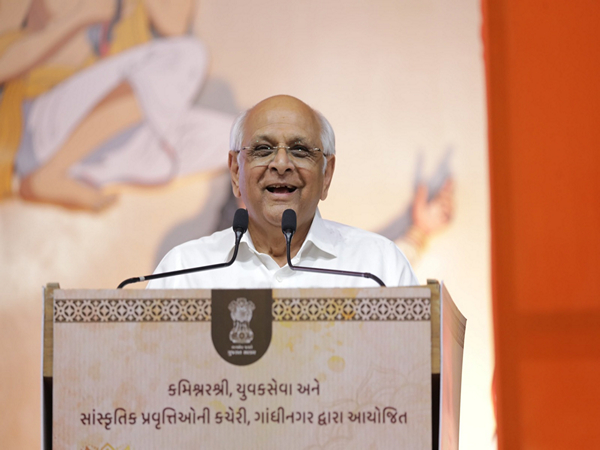Gandhinagar: The Ministry of Tribal Affairs, Government of India, has sanctioned Gujarat’s inaugural ‘Centre of Competency’ (CoC) at Surat, which will serve as a vital hub for advanced treatment, precise diagnosis, and integrated strategies aimed at eliminating sickle cell anemia. An official statement from the Gujarat Chief Minister’s Office highlighted this development.
The statement noted that Prime Minister Narendra Modi launched the National Sickle Cell Anaemia Elimination Mission 2047 on July 1, 2023, from Shahdol, Madhya Pradesh, showing India’s commitment to eradicating sickle cell disease by 2047.
Dr. Kuber Dindor, Minister of Tribal Development, mentioned that the Ministry of Health & Family Welfare and the Ministry of Tribal Affairs jointly allocated a substantial grant of Rs. 6 crore to Gujarat to support this initiative. Since 2005-06, Gujarat, under then Chief Minister and now Prime Minister Narendra Modi, has undertaken numerous measures to improve tribal healthcare, especially targeting sickle cell management.
The release further highlighted ongoing efforts involving organizations like the Blood Donation Centre (VRK) in Valsad and the Sickle Cell Foundation in Bardoli, which are actively working to control the disease. Recognizing Gujarat’s effective handling of sickle cell cases compared to other states, the Indian government has planned special programs and regulatory measures as part of the national sickle cell eradication mission.
Gujarat has set a benchmark for other states in disease management. The new ‘Centre of Competency’ at Surat’s Civil Hospital will play a pivotal role in the state’s campaign to eliminate sickle cell anemia.
Gujarat has also been providing free testing services, which normally cost between Rs. 200 and Rs. 300 in private clinics, along with extensive support facilities for patients. Under the leadership of Chief Minister Bhupendra Patel, Gujarat has gained recognition as a ‘Model State’ in the fight against sickle cell among tribal populations, a point of pride for the people.
Dr. Dindor explained that the Tribal Development Department, in collaboration with the Gujarat Tribal Research and Training Society and the Health and Family Welfare Department, conducts awareness campaigns, preventive measures, and containment programs. Special emphasis is placed on year-round awareness activities in schools and colleges within tribal areas to prevent disease transmission to new generations.
The release added that these departments are working closely to strengthen and improve program outcomes. The new CoC will provide comprehensive patient care, treatment, education, and research, and will feature modern diagnostic laboratories, 30 treatment beds, and two ICU beds. The Health Department, led by Minister Rushikesh Patel, is responsible for establishing this facility.
Further details from Minister of State Kunvarji Halpati indicated that the illness mostly affects tribal communities. Among Gujarat’s 14 tribal districts, South Gujarat has the largest tribal population and the highest number of affected individuals. Accordingly, Surat’s Civil Hospital has been chosen as the site for the CoC, demonstrating strong government commitment to tribal health.
India has approved a total of 17 such centres nationwide, including Gujarat’s, focusing on tribal healthcare. These centers will train nodal officers, sickle cell counselors, and healthcare workers from across the 14 tribal districts of Gujarat.
The aim is to raise awareness about the disease and enhance healthcare capabilities within tribal populations. In its first year, the CoC will be staffed with a multidisciplinary team and equipped with state-of-the-art diagnostic and treatment facilities. A systematic system will be established to register patients and ensure continuous follow-up. A specialized training center will be created to build capacity among healthcare providers, with culturally tailored training materials and awareness literature in local tribal languages to improve outreach and communication.
Research into hereditary diseases like sickle cell anemia will be conducted by government agencies and specialized voluntary organizations, with findings helping to bolster awareness and prevention efforts. These initiatives aim to address the intergenerational challenges posed by hereditary conditions with sustainable, long-term solutions.
